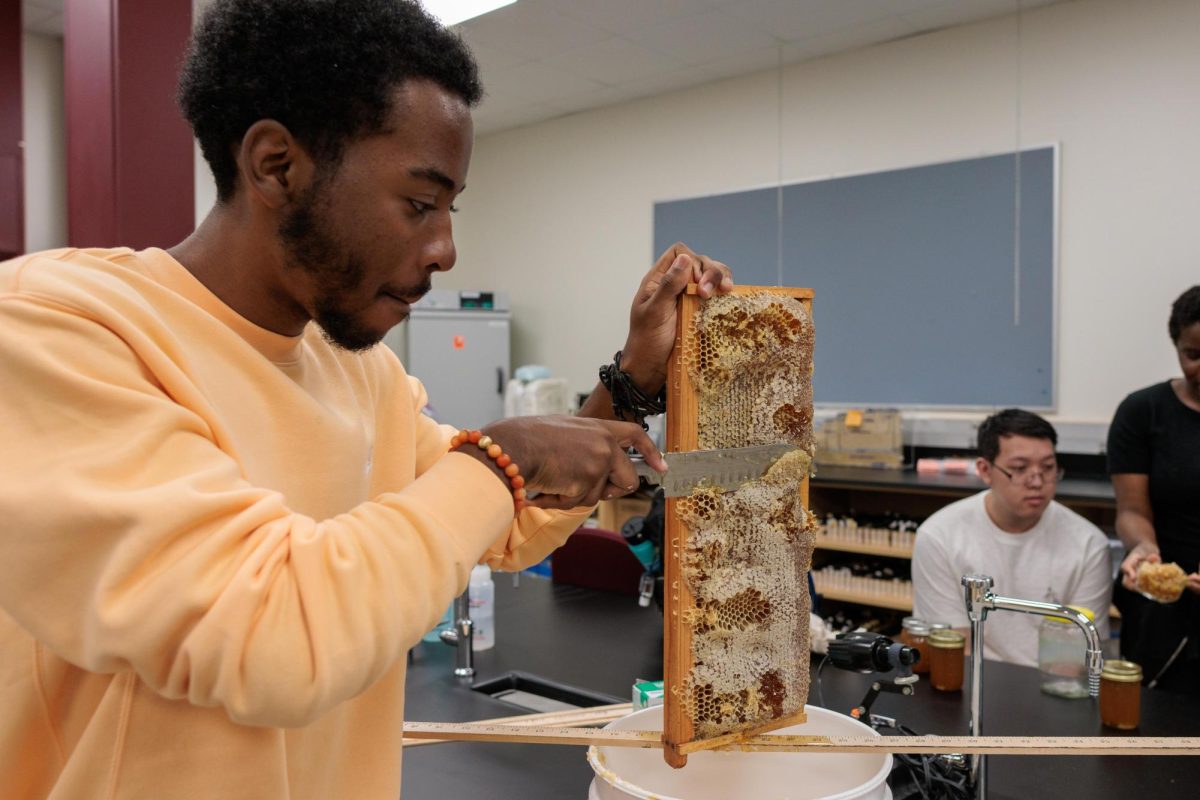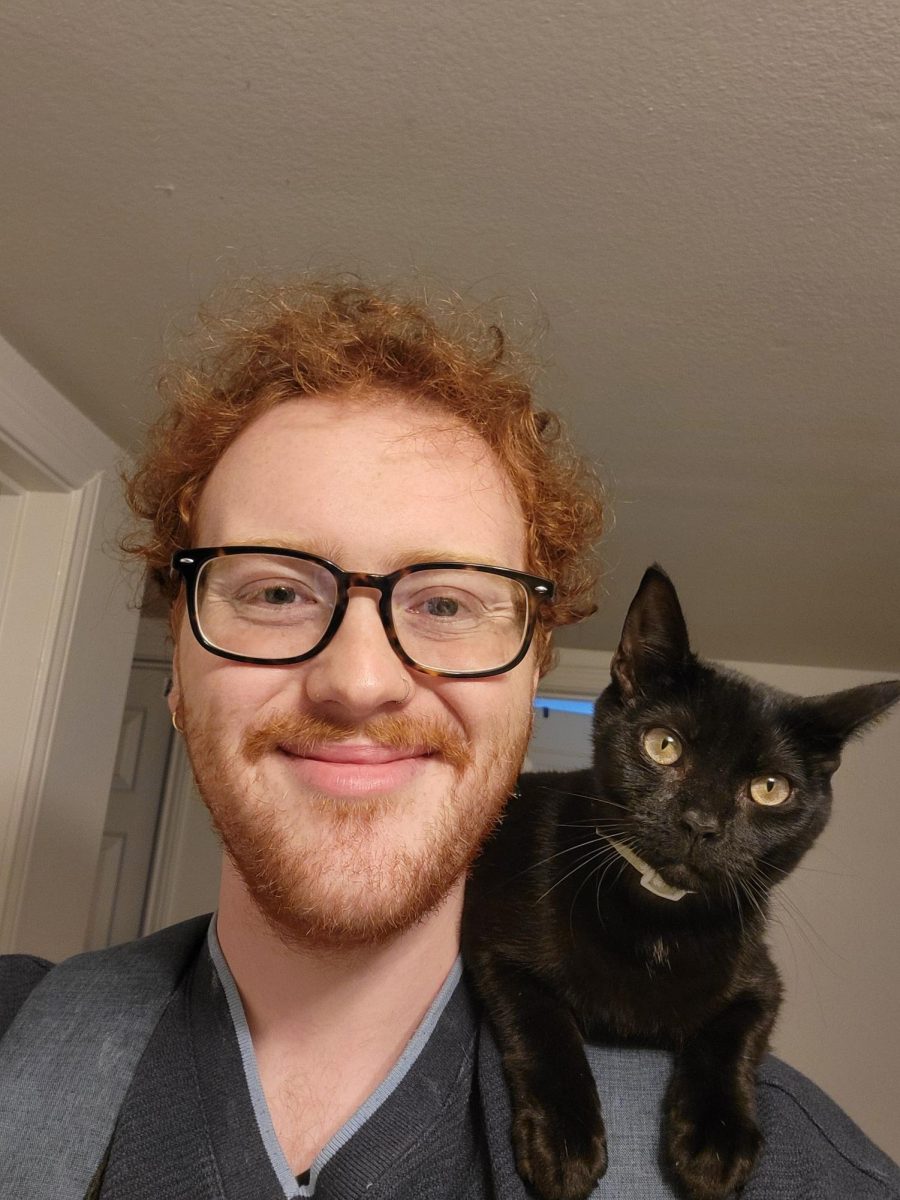“I can’t go toe-to-toe with AI… in the same way that I can’t go toe-to-toe with a speeding car for feats of strength,” said Philosophy professor Jack Simmons. “It’s just going to run me over.”
Without a university-wide policy on artificial intelligence, Georgia Southern professors are navigating new technology with varying responses.
“For my history classes, students are not allowed to use AI,” said History professor Kurt Knoerl.
Last semester, Knoerl discovered that six of his students used AI in their final assignments, prompting him to explicitly forbid AI use in future classes. He described the incident as a “wake-up call.”
Professors in the College of Arts and Humanities are addressing this issue through AI detection and assignment adjustments. Knoerl relies on a combination of AI detectors.
“When they’re all in agreement, I think that’s pretty reliable,” Knoerl said.
However, some professors express reservations about the accuracy of AI detection software and do not use them at all.
“Most of the studies I’ve seen have shown that many of the AI detectors flag things inconsistently,” said English professor Lisa Dusenberry.
Simmons shared a similar sentiment, instead opting to “give assignments that make the use of AI more or less impossible.”
While AI detectors cannot claim 100 percent accuracy, these professors still have ways to identify generated content.
“As you get to know the students, you get a sense of how they write, or the patterns themselves,” Knoerl noted.
To avoid the issue, Dusenberry permits the use of AI tools as long as they are properly cited, which she believes discourages covert AI usage and plagiarism.
However, she emphasizes that relying on AI to perform tasks rather than to assist would undermine students’ opportunities to learn the techniques and strategies they’re investing in.
Despite their varying responses, these professors all support a decentralized approach to AI. They believe in giving individual instructors the autonomy to address the issue with context-driven solutions.
“I don’t think that there should be one one-size-fits-all policy because AI impacts different fields and areas and assignment types differently,” Dusenberry said.









